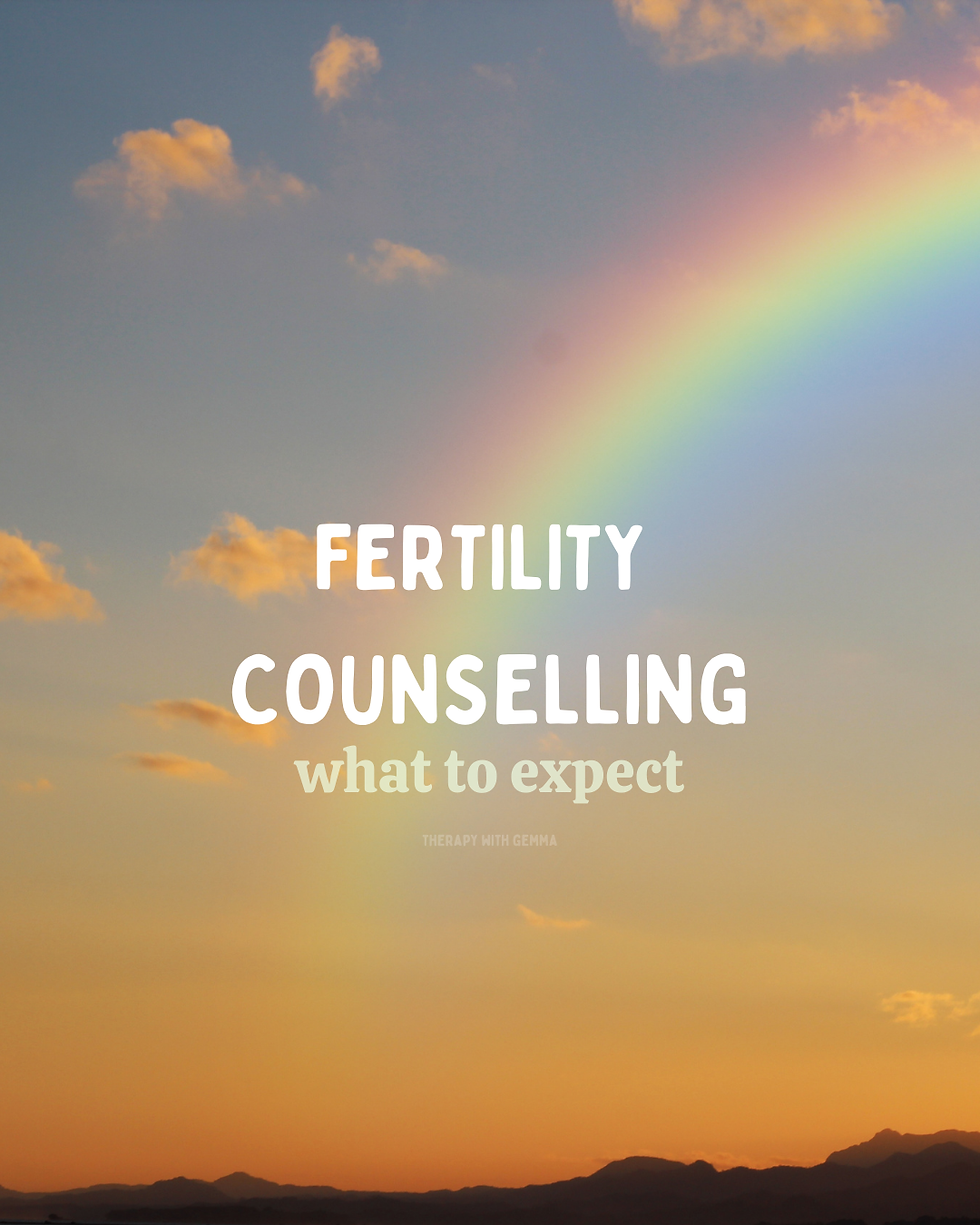
When Love Lacks Emotional Depth: Reflections on “Adult Children of Emotionally Immature Parents”
- gemmasands
- Oct 8, 2025
- 3 min read
It's been a while since I shared a blog on here, and I was so inspired when listening to a podcast about the book yesterday (without even reading the book!) I wanted to share my learning with you, and hopefully inspire you to read the book too. The Podcast was The Baggage Reclaim Sessions ep.238 where the host chats with Million copy selling Author Lindsay C Gibson, and it just blew me away.
Have you ever felt unseen in your family, like your feelings were too much, or that you had to shrink yourself just to keep the peace? If so, Lindsay C. Gibson’s book Adult Children of Emotionally Immature Parents might feel like someone finally switched a light on in a dark room you didn’t know you were sitting in!
This book helps you understand what happens when parents love their children deeply, but can’t connect with them emotionally. They might have provided for you, cared about your success, even said all the right words — but emotionally, there was a wall. A sense of distance. A feeling that somehow, you had to earn their love by being “good,” “helpful,” or “easy.”. You may not have felt loved, and the book talks about that too.
Understanding Emotional Immaturity
Gibson describes emotionally immature parents as those who struggle to deal with emotions — theirs and yours. Instead of responding with empathy, they might react with frustration, defensiveness, or withdrawal.They often mean well, but lack the capacity to truly see you.
She describes four common patterns:
The Emotional Parent, swept away by their own feelings and needing others to steady them.
The Driven Parent, focused on achievement and appearances, not emotional connection.
The Passive Parent, who avoids conflict and ignores problems until they disappear.
The Rejecting Parent, who becomes cold or critical when others need them.
Many of us who grew up with these dynamics learned early on that it was safer to manage other people’s emotions than to express our own.
The Lasting Effects
As adults, we might find ourselves constantly trying to make others happy, struggling to say no, or feeling guilty for having needs at all. Gibson calls this the internalizer: the person who turns pain inward and tries to be “the good one.”
You may notice a quiet loneliness underneath your relationships — even with people you love — because you were never taught how to share emotions safely. It’s not that something is wrong with you; it’s that you learned survival skills that made sense at the time.
Healing and Growth
The good news is, emotional maturity can be learned. We can begin to notice the patterns that keep us small, and gently challenge them. Healing often begins with the simple (but brave) act of acknowledging what was missing — and allowing yourself to grieve it.
Then comes the rebuilding: learning to trust your feelings, to set boundaries, and to connect with people who meet you with empathy and consistency. It’s about becoming the emotionally mature person you needed when you were younger.
This isn’t a book about blaming parents. It’s about understanding the roots of your emotional pain and reclaiming the parts of you that never got the chance to fully exist.It’s an invitation to stop striving for love and start experiencing it — beginning with yourself.
You are allowed to take up space, have feelings, and be loved for who you are — not just for what you do for others.
Here is a link to the Audio book for my booklovers https://open.spotify.com/show/4z4t9Aj7GU7S5DJcmijumf
And here is a link that gives you a brief overview with Mel Robbins for my visual learners;


Comments